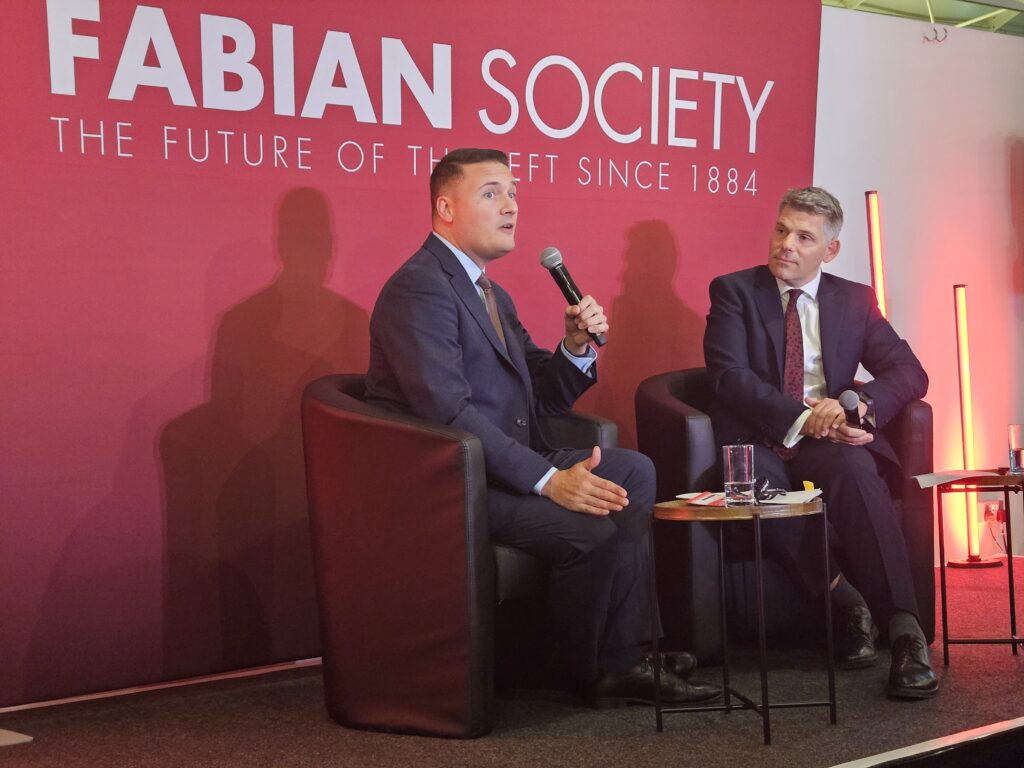 Local government councils are facing significant challenges as they try to manage rising service demands alongside shrinking budgets. With the October budget approaching, and further cuts expected, it’s more crucial than ever for councils to find sustainable solutions.
Local government councils are facing significant challenges as they try to manage rising service demands alongside shrinking budgets. With the October budget approaching, and further cuts expected, it’s more crucial than ever for councils to find sustainable solutions.
One major area of concern is recruitment, where councils spend an estimated £2 billion each year on temporary employees. While these temporary workers often provide essential support during peak times, this reliance highlights a bigger issue: many councils struggle to fill permanent roles. This situation calls for a strategic rethink to ensure financial sustainability while maintaining the quality of services that communities depend on.
In tough financial times, it’s natural for councils to look for quick cost-cutting measures, such as reducing spending on temporary workers. However, this approach can lead to short-term fixes that ignore the long-term implications. Notably, over 90% of temporary recruitment spending goes to workers’ pay and on costs, not profit margins. To achieve real financial sustainability, councils need to take a more thoughtful approach that addresses the underlying challenges and focuses on added value rather than just making cuts.
To create a more sustainable workforce, councils should consider forming strategic partnerships with recruitment organisations that share their values and support their long-term goals. Collaborating with organisations like WMTemps can help local government HR leaders develop more efficient, data-driven workforce planning that not only provides initial savings but helps to break the temporary recruitment cycle by focussing on strategies that aim to attract and retain a stable permanent workforce and ultimately minimise usage of temporary staff.
Furthermore, it’s important to shift the perception of temporary staff from being just a stopgap to being valuable long-term contributors. By implementing strategies such as temp to perm, that encourage temporary workers to develop their skills and highlight the council’s value proposition, councils can attract a wider pool of candidates and help build a workforce that feels engaged and committed. This shift not only helps the workers but also strengthens the overall service quality.
This approach also provides an opportunity for councils to align recruitment with social value objectives. By working collaboratively with community partners and developing attraction strategies and career pathways that focus on routes into long term, stable, employment councils can support local residents into jobs that empower them to make a positive impact. By investing in local talent, councils can address immediate staffing needs while building a solid foundation for a resilient and adaptable workforce.
Ultimately, prioritising long term added value should guide local councils in their decision-making. By building a sustainable workforce that focuses on local talent and community engagement, councils can create positive change that extends beyond their immediate needs. This commitment not only strengthens local governance but also enriches the communities they serve, ensuring that councils are well-equipped to meet both current and future challenges.
While these workforce challenges can’t be solved overnight, by working with the right partner councils should be able to achieve initial savings and benefits that lead to continuous improvements on the road to achieving long-term goals. For example, since the launch of WMTemps two years ago, significant progress has already been noted for councils within the framework and the wider community.
Councils have already witnessed tangible savings and workforce improvements, with one council reporting savings of £250,000 in the first three months. This success owes much to our strategic focus on fostering strong partnerships with our supply chain agencies and prioritising collaboration over competition with a focus on reducing off-contract spend from implementation. Remarkably, one council transitioned all previously off-contract spend to on-contract from day one, ensuring immediate financial efficiencies and improved ways of working. Looking ahead, the seven councils that are part of the framework are anticipated to achieve combined savings of approximately £11 million in the first four years.
In addition to financial benefits, by collaborating with over 30 local partners, we have generated roughly £200,000 in social value this year alone, measured through the TOMs framework. This includes engaging with approximately 2,000 individuals across more than 30 career events and delivering career talks to over 1000 students across the region, supporting our commitment to help build a sustainable future workforce and help place local people into local jobs. 96% of the workers we have placed in jobs within the West Midlands are from the region itself, reinforcing our commitment to local employment and community development.
As local government continues to navigate these complex recruitment issues, a focus on sustainable workforce solutions that enhance social value will be key to building a community-focused future. By doing so, councils can thrive amid challenges and empower their communities, fostering growth and prosperity for everyone involved.
Sam Goody, Associate Director, Commercial Services, Opus People Solutions


